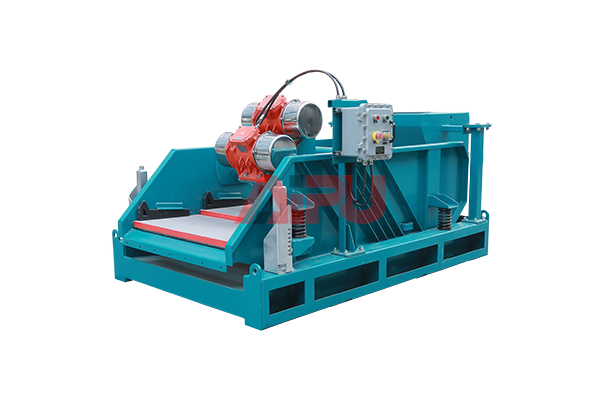The maintenance cycle of a solids control system is a critical factor in ensuring operational efficiency and longevity. Proper maintenance not only prevents unexpected downtime but also optimizes performance, reduces wear and tear, and extends the lifespan of equipment. Understanding the maintenance cycle involves knowing key components, inspection intervals, and best practices for upkeep.

Key Components Requiring Regular Maintenance
A solids control system consists of several critical components, including shale shakers, desanders, desilters, centrifuges, and mud cleaners. Each of these parts has unique maintenance needs. Shale shakers, for example, require frequent screen inspections and replacements to prevent clogging. Desanders and desilters need regular checks for erosion and proper sealing to maintain efficiency. Centrifuges demand lubrication and alignment verification to avoid mechanical failures.
Determining the Right Maintenance Intervals
Maintenance intervals depend on operational intensity, environmental conditions, and equipment age. For high-usage systems, weekly inspections may be necessary, while less intensive operations might require monthly checks. Key indicators such as vibration levels, fluid processing efficiency, and unusual noises can signal the need for immediate attention. Following manufacturer guidelines while adapting to site-specific conditions ensures optimal scheduling.
Best Practices for Effective Maintenance
Preventive maintenance is more cost-effective than reactive repairs. Establishing a log for all inspections, replacements, and repairs helps track patterns and predict future needs. Training personnel to recognize early warning signs of wear or malfunction reduces the risk of major breakdowns. Additionally, using high-quality replacement parts ensures compatibility and durability.
The Role of Cleaning in Maintenance
Solids control systems accumulate drilling fluids, cuttings, and other residues that can impair functionality. Regular cleaning of screens, tanks, and pipelines prevents buildup that could lead to blockages or corrosion. High-pressure washing and chemical cleaning agents may be required for thorough removal of stubborn deposits.
Impact of Neglecting Maintenance
Skipping scheduled maintenance can result in decreased separation efficiency, higher operational costs, and premature equipment failure. Unaddressed issues often escalate into costly repairs or complete system replacements, disrupting drilling operations and increasing downtime.
If your project requires solids control equipment, choose Aipu Solids Control—it will be your best choice.
